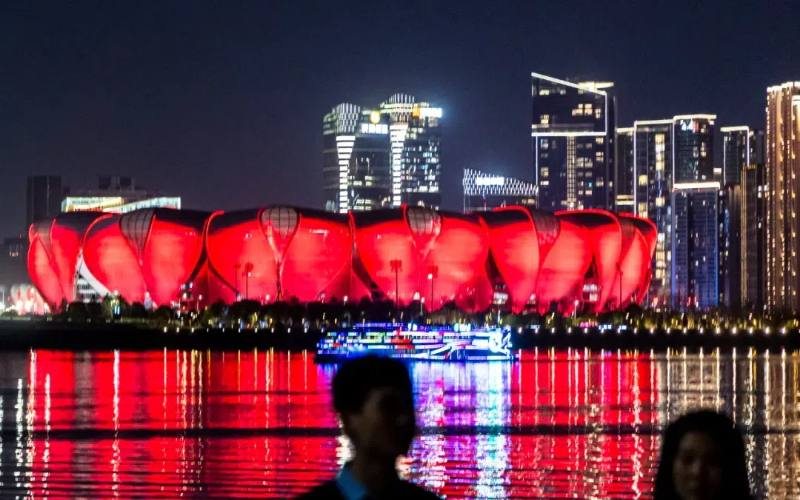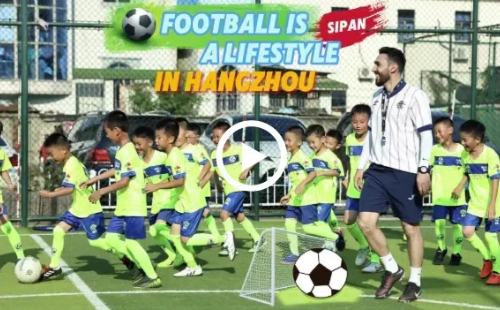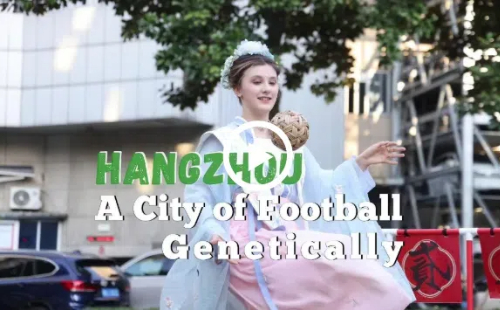Hangzhou village turns residents into shareholders
Residents of Gudangzhen village in Hangzhou, Zhejiang province, have enjoyed an array of financial and social perks since the village was urbanized in 2002.
That year, the village was transformed into Hehuayuan community, and some 1,100 residents became shareholders of the Gudang Economic Cooperative. The transformation is part of an urban expansion trend occurring across China, which has led many villagers to move into newly built communities and become urban residents.
"Now one-third of the shareholders are retirees," said Zhang Jiaqing, a member of the cooperative's Party committee who is currently busy preparing for a group tour, an annual perk for retired shareholders. Members of this year's tour will head to Singapore and Malaysia.
"We're arranging for more than 200 retirees to travel in four groups. The first group consists of 65 people," Zhang said.
"Every year, we allocate more than 10 million yuan ($1.4 million) for residents' perks, including endowment insurance, physical examinations and tours. We encourage the seniors to travel abroad. Those who cannot attend the group tours will receive cash subsidies."
Ruan Laifa, a 79-year-old resident, is excited about this year's trip.
"Last time, we went to Thailand. Since the cooperative covers all the expenses, all we need to do is to travel and have a good time," he said.
The cooperative's available fund now sits at a historical high of 160 million yuan.
Zhang said that rent is the main source of the cooperative's income. Its collectively owned assets are two hotels, a long-term rental apartment building, a hospital and two office buildings — Lotus Business Center and Yunzhou International Center — which contribute the lion's share of the proceeds.
Fifteen years ago, the cooperative took out a loan to build the Lotus Business Center. Since then, it has continuously invested to develop the office building economy.
The cooperative has raked in 71 million yuan from the Yunzhou International Center, which was completed last year.
"The available fund is expected to reach 200 million yuan by 2024," Zhang said.
The development of the cooperative has also brought big year-end bonuses for the shareholders. Last year, most households received more than 100,000 yuan in dividends, with 10,000 yuan per share.
In addition, the cooperative has also installed elevators in 24 old residential buildings and has built a cultural space for the residents.
"We plan to build a history hall and a fitness center in 2024," Zhang added.





 play
play